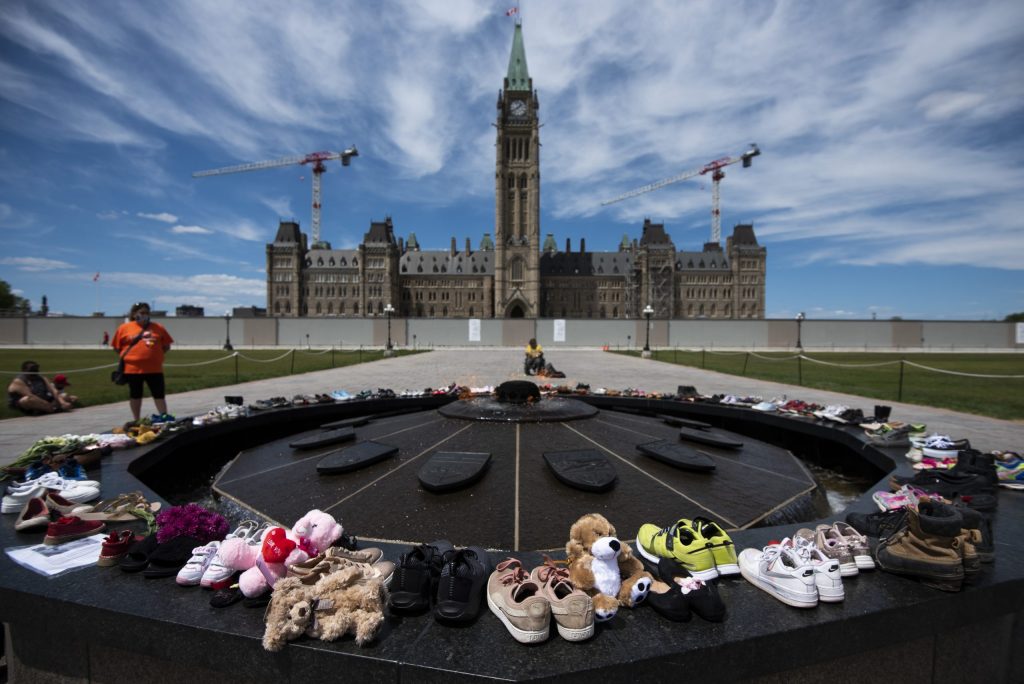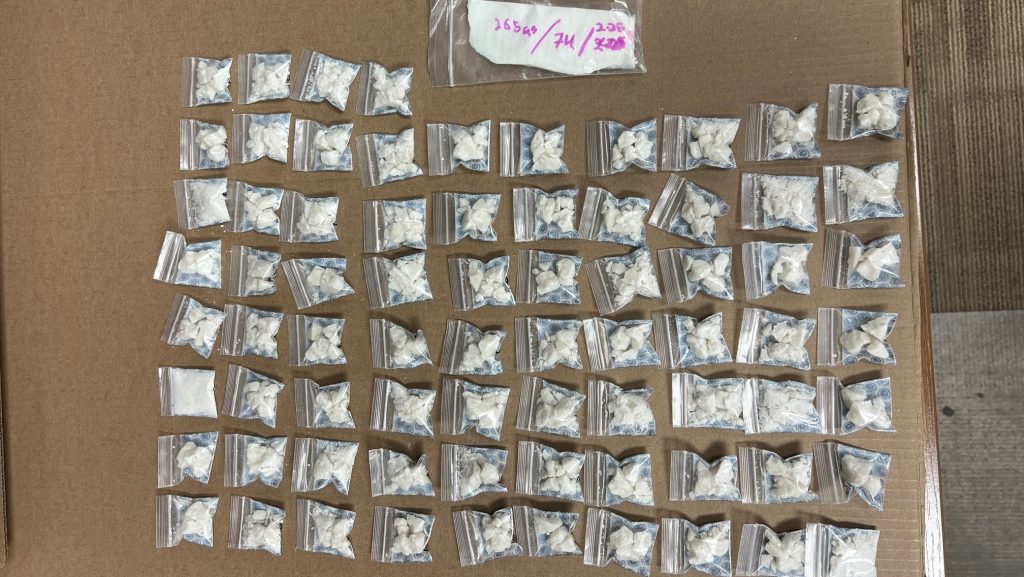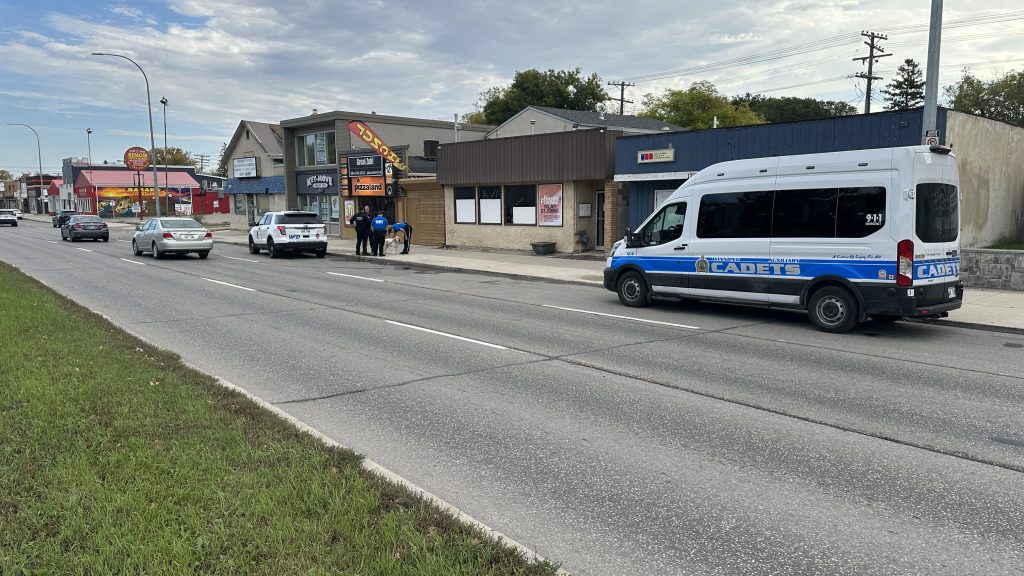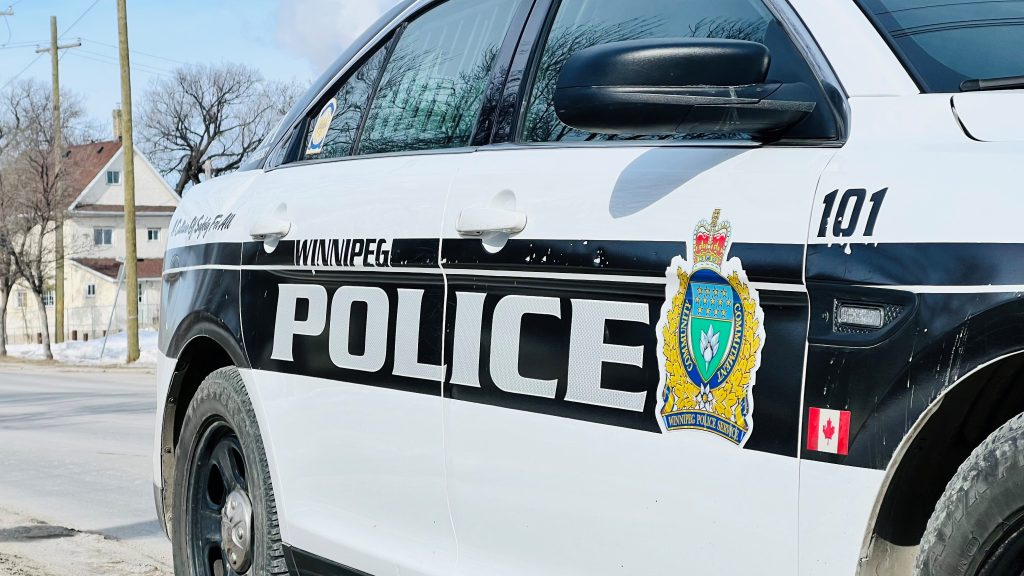Have Indigenous issues taken a backseat during this federal election campaign?

Posted September 14, 2021 7:17 pm.
Last Updated September 14, 2021 8:40 pm.
Winnipeg (CityNews) ─ Before the election campaign, Canadians were coming to terms with the stark reality of residential schools with the discovery of unmarked graves.
But reconciliation seems to have taken a backseat during the campaign.
The country was in shock when hundreds of children were discovered in unmarked graves at multiple residential school sites across Canada.
The discoveries were addressed as a national tragedy by serval political parties when the graves were first exposed.
But Winnipeg’s James Favel, the president of First Nations Community Response Corporation, wishes it was still getting the same amount of attention now during the lead-up to the Sept. 20 federal election.
“The tragedies, the horrors that happened in those schools, we’ll never know the full ramifications of what was done,” said Favel. “And it needs to be much more in focus than it is currently.
“When we talk about intergenerational trauma, people don’t have a context. Well, let this be your context then because these are the constructs that have been used to take apart our families and our state of minds… and then everything else follows.”
The riding of Winnipeg Centre has one of the highest Indigenous populations in an urban riding. Eleven per cent First Nations and seven per cent Metis population live in the area.
Favel wants Manitobans and Canadians to understand the impacts of intergenerational trauma that have resulted in disproportionate levels of poverty for Indigenous people.
He says addressing poverty issues in the riding will have a positive impact on the other key areas that Indigenous people in the core of Winnipeg need assistance with.
“You want to talk about health outcomes, mental health outcomes? Reduce poverty. You want to talk about housing and security, food insecurity? Reduce poverty. You want to talk about education and employment outcomes? Reduce poverty,” said Favel.
Leah Gazan, the NDP candidate for Winnipeg Centre, is hoping to get re-elected this September. Gazan says her constituents are eager to see action on reconciliation and want more progress being made in that regard.
Gazan says before parliament was dissolved, she put a motion forward to recognize the events that took place in residential schools as an act of genocide. That motion did not pass.
“This has been a non-discussion in this election,” said Gazan. “We cannot lose sight of the truths that are being uncovered even as this election is going on.”
Meanwhile Paul Ong, the Liberal candidate for Winnipeg Centre, spent the day Tuesday door-knocking with Marc Miller, minister of Indigenous Services, speaking with community members in his riding.
Ong is a teacher who says he has seen first-hand the impacts of residential schools on students he has worked with and those living in his riding.
Miller says he wishes the discovery of children buried in unmarked graves were getting more attention and there is a lot of truth that needs to be told in order to advance Canada down a path of reconciliation.
“You know the rest of Canada reacted in shock horror and surprise,” said Miller. “But for the rest of Indigenous communities, this wasn’t a surprise. It was truth that was denied to them.”








